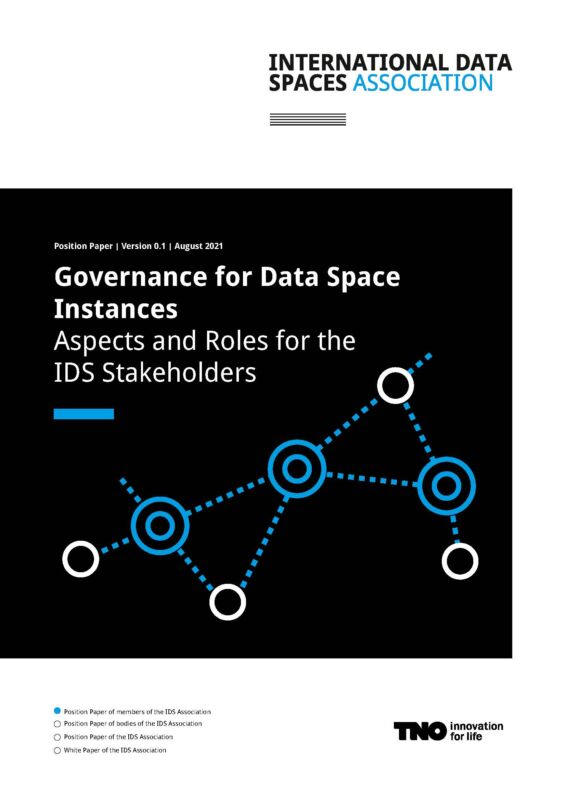Data sharing initiatives such as IDS provide overarching principles and standards that will pave the way for European data spaces to emerge on a large scale, making sovereign data sharing between organizations and individuals the new normal.
Soft infrastructure for data spaces
The common framework for turning data sovereignty into reality is provided by a distributed soft infrastructure which allows establishing agreements between organizations and individuals on how to share, manage, and use data.
While there may be an unlimited number of data spaces for certain industries – mobility, healthcare, manufacturing etc. – or even very concrete application areas, the soft infrastructure works as a link embedding each of these data spaces in the context of common standards, rules, and regulations.
Two-tier governance structure
The DGA is the first enabling governance framework for European data spaces to be established and creates the de-facto ‘soft infrastructure’. It proposes a two-tier governance structure: A governance entity required for each data space (intra data space) and an overall governance organization concerned with common aspects of data space interoperability (inter data space) and data sovereignty.
IDSA must consider the governance of its development and deployment initiatives in the broader context of both:
- striving for intra data space interoperability such that IDS can be positioned for being smoothly embedded and providing a gradual migration path within a single data space instance or data sharing initiative, and
- preparing for inter data space interoperability between multiple data space instances or data sharing initiatives to pave the way towards the federation of interoperable data spaces as pursued by the European data strategy.
The position paper identifies the topics requiring adequate governance in the broader context of both intra data and inter data space interoperability and to detail the associated roles and responsibilities for the main IDS stakeholders in jointly providing the governance for developing and deploying data space instances. As such, the paper extends upon the OPEN DEI data space design principles, the IDS Reference Architecture Model for data spaces and the IDSA Rule Book.
Download the IDSA position paper ‘Governance for Data Space Instances’ here:











